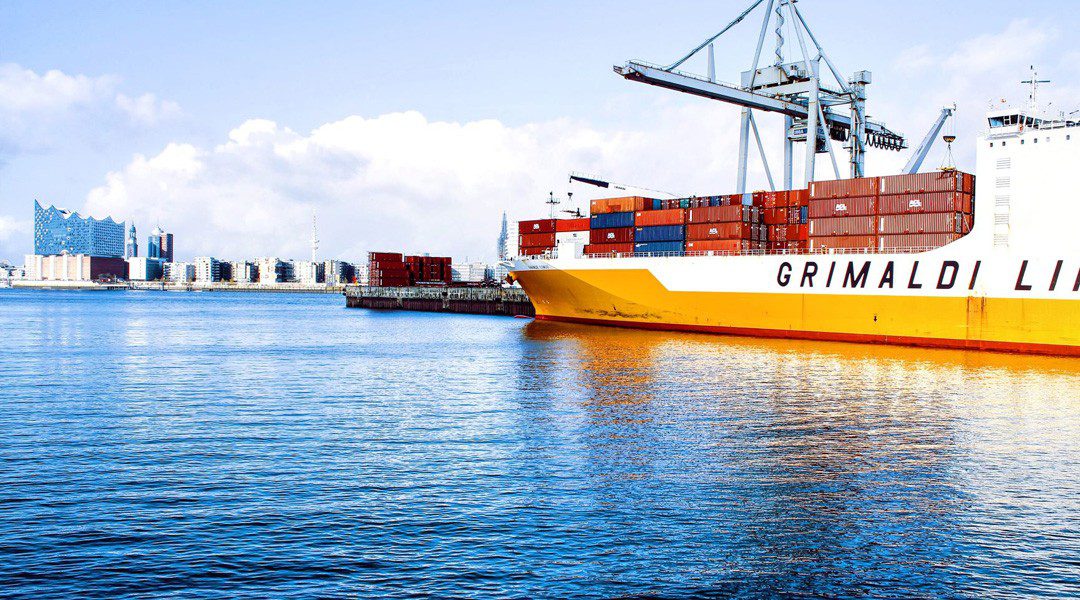London, 30 October (Argus) — European LNG buyers and US exporters agree that the need to comply with the EU’s methane regulation is preventing the signing of long-term LNG supply contracts.
Swiss trading firm Axpo is in advanced negotiations with US firms for the signing of long-term LNG supply contracts, but they have not been concluded yet because US exporters cannot guarantee compliance with the EU methane emissions regulation, head of trading Domenico de Luca said on Wednesday at the Financial Times Energy Transition Summit.
The EU’s regulation requires EU importers to report information about the methane emissions of imported gas, oil and coal from 2028. Information must be filed by May 2029 and cover imports from supply contracts concluded or renewed after 4 August 2024.
Signing supply deals of that scale without knowing whether they will comply with the EU regulation is a “big risk,” de Luca told Argus on the sidelines of the conference. Qatar and the US are exerting pressure on the EU to dilute the regulation, he said. “We are in a difficult situation,” because “Europe has few options if it doesn’t want to go back to Russian LNG,” he said.
It would not be the first time the US and Qatar partner against the EU on regulations aimed at reducing greenhouse gas emissions. In a joint statement released last week, both countries urged the EU to repeal or amend its Corporate Sustainability Due Diligence Directive (CSDDD), which “seriously undermines” their ability to sustain and expand LNG exports to Europe.
Axpo is not the only one struggling to finalise deals with US producers, executive director of US lobby group Centre for LNG Charlie Riedl told Argus on the sidelines of the summit. The inability to conclude offtake deals has especially affected “[US] companies that are trying to reach a final investment decision”, while “companies that are already in operation and are either talking about expansion or additional volumes that they have” have complained less.
High fragmentation across the domestic gas supply chain makes it impossible for US exporters to trace the methane intensity of the specific gas molecules that are liquefied and exported to Europe, Riedl said. The way the regulation is currently written does not allow for flexibility in US gas production, he said. “We won’t be able to do it,” he added.
Riedl confirmed that there is an ongoing dialogue between Brussels and “the most senior levels of the administration” in Washington, involving US energy secretary Chris Wright.
Last week, wholesale traders association Energy Traders Europe proposed introducing methane emissions certificates to trace the methane emissions associated with gas, oil and coal imports, in order to comply with the regulation.
By Isabel Valverde





